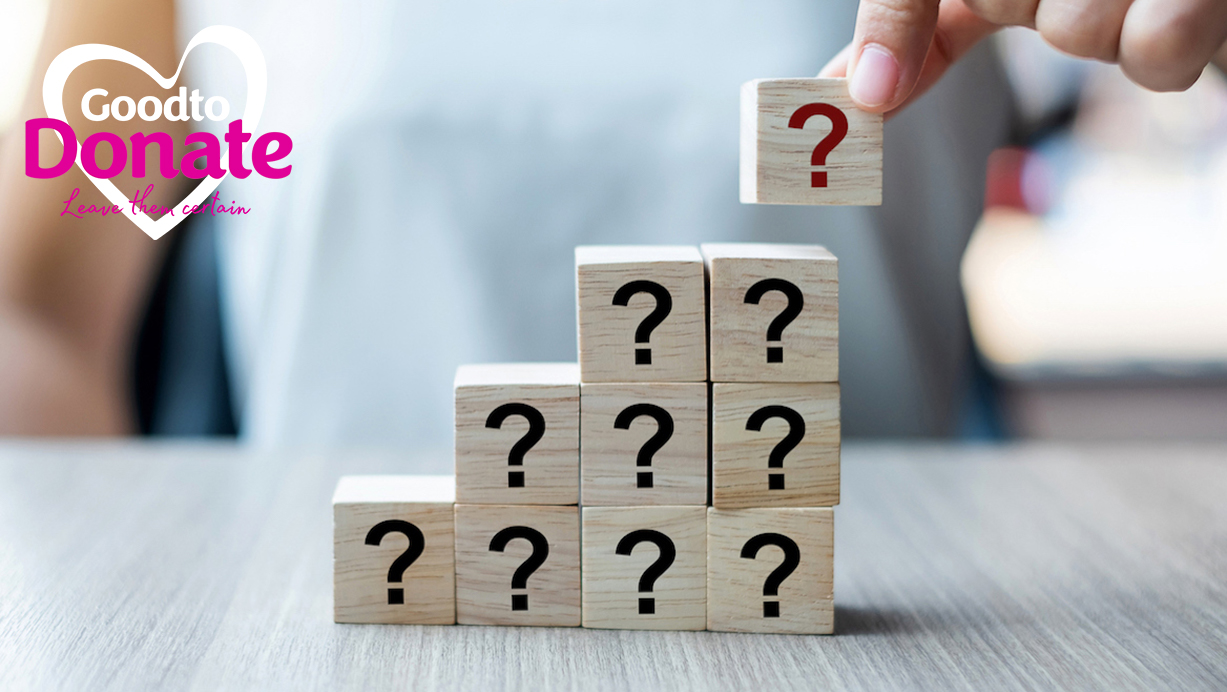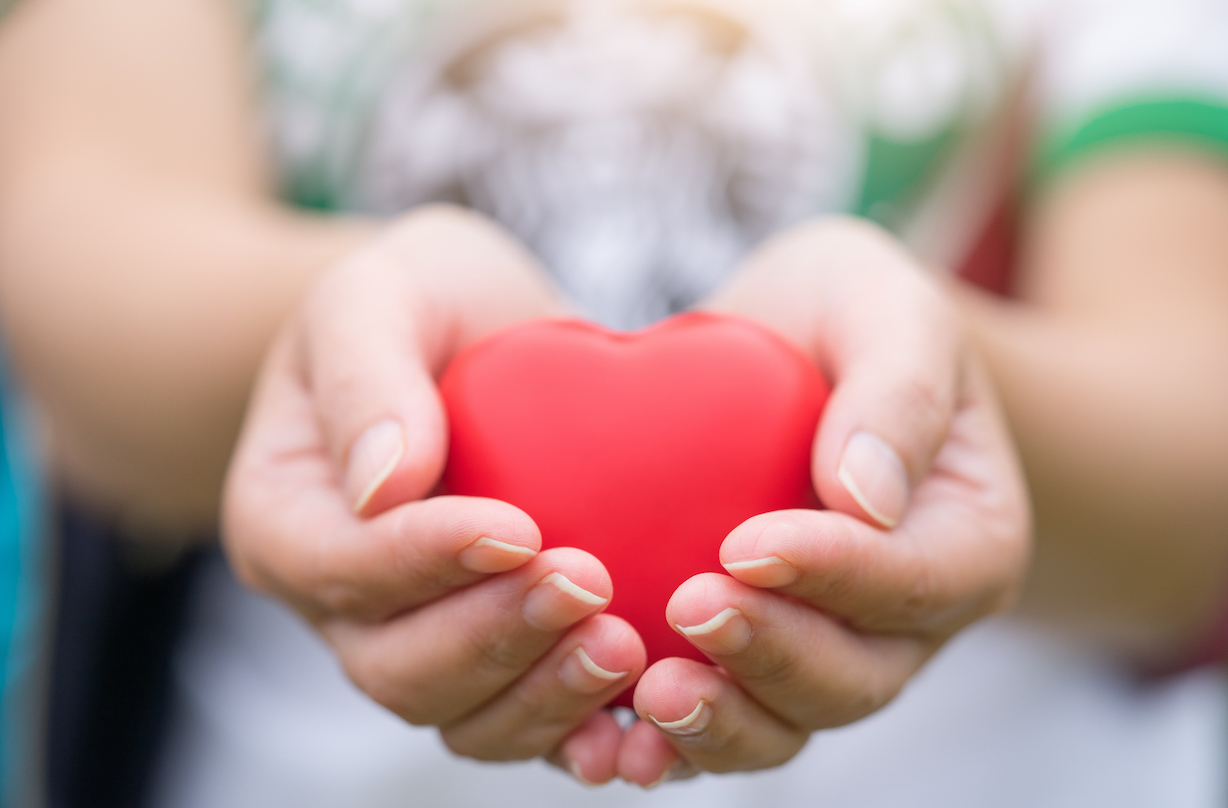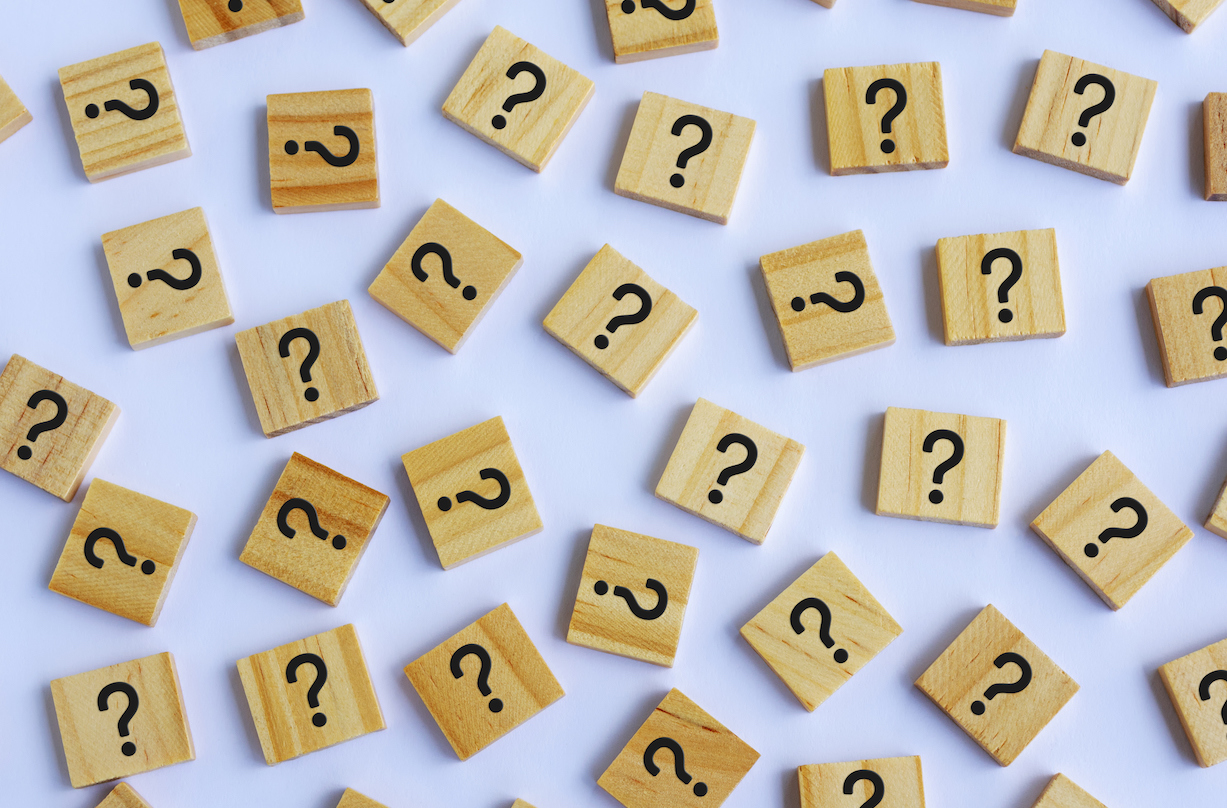Find out if you could be an organ donor

If you get clued up on the facts surrounding organ donation, you can share these with your family so they’ll be sure about your decision.
Could you be an organ donor? Here’s what you need to know to help you and your loved ones make informed choices.
Is there an age-limit for being an organ donor?
No! You can choose to be an organ donor whatever your age – and you can register this decision on the NHS Organ Donor Register.
Whether your organs and tissues are suitable for transplant is decided by medical specialists, after you die. The viability of your organs will be considered as well as your medical, travel and lifestyle history, before donation goes ahead.
And your family will always be involved, so make sure you share your decision with them.

Can my children be organ donors too?
If you’re a parent or guardian, you can record the decision for your child to be an organ donor. Depending on how old they are, you should also chat to them about this in an age-appropriate way.
Children can also register themselves to be an organ and tissue donor. If a child dies in circumstances where donation may be possible, a parent or person with parental rights or responsibilities would need to support donation proceeding.
GoodtoKnow Newsletter
Parenting advice, hot topics, best buys and family finance tips delivered straight to your inbox.
I have a health condition – can I still become an organ donor?
A current illness or health condition doesn't mean that you can’t register your decision to be an organ donor – your suitability for organ donation is determined after you die and at the time of donation.
However, there are certain medical conditions that will prevent you from becoming a donor. These are Creutzfeldt-Jakob Disease (CJD), Ebola virus disease and if you have active cancer at the time of death. With certain types of cancer you may be able to donate your organs if you are three years post-treatment, when you die. It may also be possible for you to donate your corneas and some tissue in these circumstances.
Organ donation will also be ruled out if you have HIV, although in rare cases you may be able to donate your organs to someone with the same condition.

I’m unable to donate blood, can I still be an organ donor?
Yes – there may be specific reasons that stopped you from giving blood, such as having had a blood transfusion or certain medication you were taking at the time. However, this won’t necessarily affect your ability to become an organ donor if that’s what you decide.
What about my lifestyle choices?
If you’re concerned that certain lifestyle choices may prevent you from being an organ donor – don’t be. You can still register your organ donation decision and talk to your family about it. This includes if you:
Smoke
Smokers are still able to donate organs and save lives. It is only decided if organs and tissue are suitable for a transplant, when you die, at the time of donation.
Drink alcohol
Excessive drinking may affect some of your organs such as your liver, but you can still choose to be an organ donor. Organ viability will be decided after death by medical specialists.
Have a tattoo
Having a tattoo anywhere on your body won’t prevent you from donating your organs. You can go ahead and record your decision on the NHS Organ Donor Register.
In this video, families talk about how they had the conversation about organ donation - and why it’s so important to talk about your decision
Does my race or ethnicity affect my ability to donate organs?
Organ donors are needed from all communities and ethnicities. In fact, although people can receive an organ or tissue donation from someone of any ethnicity, the best transplant matches come from donors of the same ethnic background. Black and South Asian patients wait longer than white patients for a transplant – so it’s especially important to know that ethnicity isn’t a barrier to being an organ donor.
Visit NHS Organ Donation to find out more about who can be donor, as well as advise on your choices and how to record your decision – remember whatever you decide, share it with your loved ones to give them the certainty they need to support it.
Trusted, informative, and empathetic – GoodToKnow is the ultimate online destination for parents. At GoodtoKnow, our mission is 'simple': we're trying to make sense of parenthood. On the site, you'll find everything you need for a happy, healthy family life. Our huge archive of content includes more than 18,000 articles and 1,500 how-to videos. These include expert-backed advice features on parenting, dealing with relationship changes after having a baby, self-care for mums and managing your family finances. We also feature tried-and-tested product reviews and buying recommendations for every stage of family life - from prams and Moses baskets to birthday gifts and top toys.
-
 Say goodbye to bad hair days this summer with the Laifen Swift dryer – a third cheaper than the Dyson Supersonic
Say goodbye to bad hair days this summer with the Laifen Swift dryer – a third cheaper than the Dyson SupersonicBy Emily Stedman
-
 How does a bad night’s sleep affect your sporting performance?
How does a bad night’s sleep affect your sporting performance?Here's why you perform better when you sleep well.
By TEMPUR®
-
 Organ donation: “I’m happy we’ve had the talk”
Organ donation: “I’m happy we’ve had the talk”By Ali Horsfall
-
 Loving wife shares organ donation story of “hero” husband
Loving wife shares organ donation story of “hero” husbandBy Ali Horsfall
-
 Proud mum supported son’s decision to be an organ donor
Proud mum supported son’s decision to be an organ donorBy Ali Horsfall
-
 Organ donation: “I received the gift of laughter”
Organ donation: “I received the gift of laughter”By Ali Horsfall
-
 At what age can you donate organs?
At what age can you donate organs?By Ali Horsfall
-
 How many lives could one organ donor save?
How many lives could one organ donor save?By Ali Horsfall